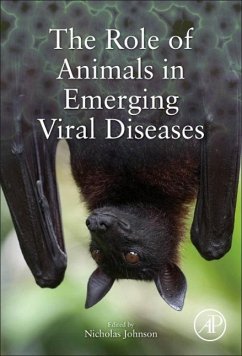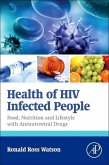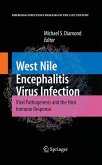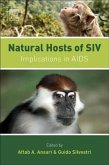The Role of Animals in Emerging Viral Diseases presents what is currently known about the role of animals in the emergence or re-emergence of viruses including HIV-AIDS, SARS, Ebola, avian flu, swine flu, and rabies. It presents the structure, genome, and methods of transmission that influence emergence and considers non-viral factors that favor emergence, such as animal domestication, human demography, population growth, human behavior, and land-use changes.
When viruses jump species, the result can be catastrophic, causing disease and death in humans and animals. These zoonotic outbreaks reflect several factors, including increased mobility of human populations, changes in demography and environmental changes due to globalization. The threat of new, emerging viruses and the fact that there are no vaccines for the most common zoonotic viruses drive research in the biology and ecology of zoonotic transmission.
In this book, specialists in 11 emerging zoonotic viruses present detailed information on each virus's structure, molecular biology, current geographic distribution, and method of transmission. The book discusses the impact of virus emergence by considering the ratio of mortality, morbidity, and asymptomatic infection and assesses methods for predicting, monitoring, mitigating, and controlling viral disease emergence.
When viruses jump species, the result can be catastrophic, causing disease and death in humans and animals. These zoonotic outbreaks reflect several factors, including increased mobility of human populations, changes in demography and environmental changes due to globalization. The threat of new, emerging viruses and the fact that there are no vaccines for the most common zoonotic viruses drive research in the biology and ecology of zoonotic transmission.
In this book, specialists in 11 emerging zoonotic viruses present detailed information on each virus's structure, molecular biology, current geographic distribution, and method of transmission. The book discusses the impact of virus emergence by considering the ratio of mortality, morbidity, and asymptomatic infection and assesses methods for predicting, monitoring, mitigating, and controlling viral disease emergence.
"The particular value of this new compilation lies in the authority and expertise of the selected authors...valuable to a more specialized audience that needs to look beyond generalities to consider those factors that may help to change the course of emergence and reduce disease. Rating: 4 Stars" --Doody's.com, 10-Oct-14








